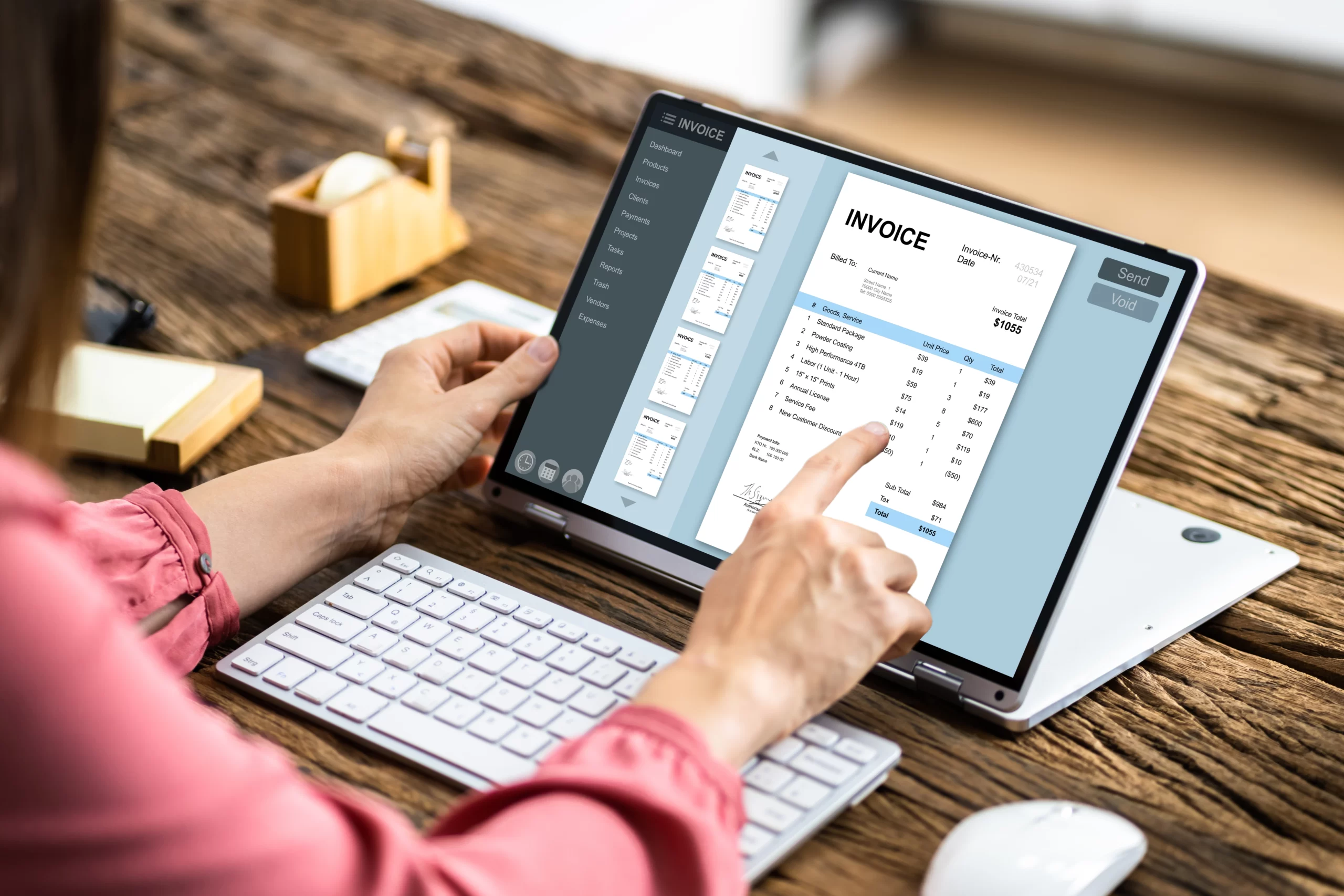E-commerce invoice integration is a critical process in online sales transactions. It is very valuable for an e-commerce business to increase customer satisfaction and efficiency. Invoice integration means that the sales platform,accounting and finance systems are seamlessly connected.
Thanks to the integration, sales are automatically recognised, invoices are issued and financial processes are carried out faster and more accurately. This system enables businesses to save time and resources while minimising data incompatibilities and errors in business processes. E-commerce invoice integration offers businesses more organised, efficient and reliable sales and an accounting experience. Here are all the details about invoice integration in e-commerce!
Invoice types suitable for e-commerce
Even if you operate in the digital environment, you are subject to the same legislation as physical businesses and there are important details that you need to pay attention to when it comes to issuing invoices. In this context, it is extremely important to have information about the types of invoices you may need to use in your business. Among the invoice types used in e-commerce, the prominent ones are as follows:
What is an e-archive invoice?
E-archive invoice, one of the important invoice types used in e-commerce, is a type of electronic invoice that must be kept by taxpayers and must be sent to the Revenue Administration at specific periods. Although it is not mandatory to be sent directly to the recipient, invoice integration is essential for the transactions of this invoice type.
E-archive invoices are issued by taxpayers and sales transactions and customer information are legally recorded. The obligation to issue e-archive invoices differs according to the conditions determined by the Revenue Administration and the sector in which it operates. The importance of this invoice type for e-commerce businesses is that it allows records to be kept regularly and in accordance with the legislation.
What is an e-invoice?
This type of invoice created through electronic environments is called “E-invoice”. E-invoice is frequently used in the world of e-commerce and is a digital version of the traditional invoice. E-invoice, which has the same qualifications, has legal validity and is widely preferred in commercial transactions between e-commerce businesses. There are two options to create an e-invoice: Using the portal provided by the Revenue Administration (RA) or integrating invoices into the existing accounting programme. In this way, e-commerce businesses can manage their invoice transactions more efficiently and effectively with the conveniences offered by the digital world.
The process of issuing e-invoices is an important step for businesses and certain information must be fully included. The basics that must be found in the e-invoice are as follows:
- The issue date of the invoice indicates the date on which the document was created.
- The document number represents the unique identity of the invoice and ensures traceability.
- The name and surname of the person who issued the invoice and the trade name, if any, identify the owner of the document.
- The address, tax number and tax office of the business contain the identity and taxation information of the business.
- The name and surname of the customer identify the recipient of the invoice.
- The tax office and tax number of the customer, if any, contains the taxation information of the buyer.
- The quantity, amount and price of the goods, services or work sold are the basic sales information in the invoice.
- The tax rate and amount for the goods, work and product includes tax details.
- The waybill number and delivery date of the goods sold show the goods’ delivery information.
When issuing an e-invoice, it must be ensured that this information is complete and accurate. For invoices containing incorrect information, cancellation or objection procedures of approved invoices should be carried out. The process of issuing e-invoices is of great importance for businesses to carry out their financial transactions regularly and accurately.
How to apply for e-invoice?
E-invoice application is very important for businesses operating in the e-commerce world. Companies that are obliged to switch to the e-invoice system or voluntarily prefer digital transformation should apply to the Revenue Administration Department. By filling in the information required for the application, you must provide Tax Number, Turkish Identity Number, E-invoice Benefit Method, Business Phone, Address, E-mail Address and Legal Centre information. Integrator companies check the information you provide and send an activation code to companies that want to become e-invoice taxpayers if there is not any problem.
What are the advantages of e-invoice?
Invoice integration in the e-commerce world provides many important advantages to businesses. The important advantages of e-invoicing for brands are as follows:
- Businesses can significantly reduce their costs by switching to the electronic invoice system.
- Getting rid of stationery costs such as paper, ink, toner, cartridges and envelopes increases economic efficiency.
- The use of e-invoice allows businesses to use their budgets in different areas by reducing the need for personnel.
- Thanks to e-invoices issued in the digital environment, transactions are carried out faster and easier, saving time.
- One-touch invoicing and fast transmission in an electronic environment accelerate collection processes and increase customer satisfaction.
- The e-invoice system is integrated with accounting applications, providing convenience and speed in processes such as invoicing, transmission and archiving.
- E-invoices stored in a digital environment eliminate the risk of loss of documents and offer secure storage.
- Automatic invoicing minimises the rate of error and makes calculation processes reliable.
- Invoice integration in e-commerce offers an environmentally friendly approach, minimising the damage of brands to nature.
E-Invoice integration with fiCommerce
In order to achieve success in the world of e-commerce, it has a great importance to serve your customers quickly and effectively. The invoice creation process is also part of this fast service. This is exactly where Invoice Integration comes into play. Invoice Integration, which we as fiCommerce offer to help you grow your business, allows you to integrate invoices using External APIs that provide order information from outside.
Transmission of invoice information to marketplaces can also be sent to marketplaces via fiplatform through your integrators.
With the modules and features offered by fiCommerce, you can grow your e-commerce initiative, increase customer satisfaction and maximise the efficiency of your business. You can visit our page to take advantage of the convenience and advantages provided by Invoice Integration. fiCommerce is always there for you to manage your invoice transactions in a fast, reliable and effective way!





